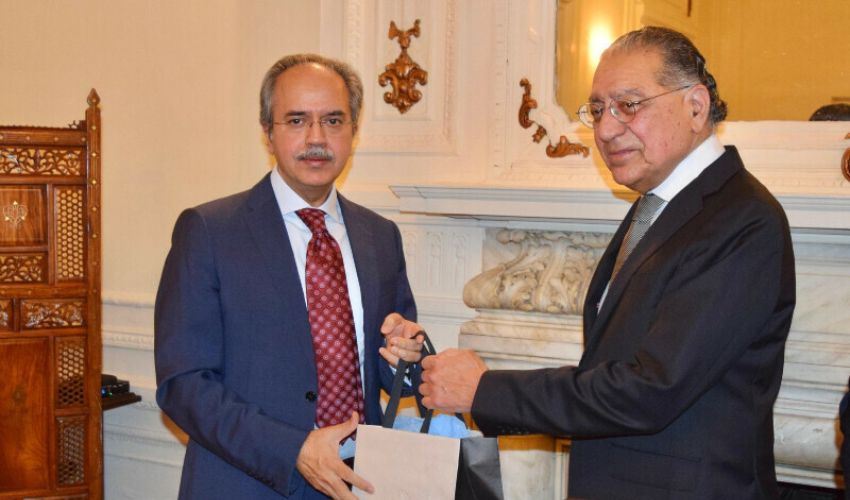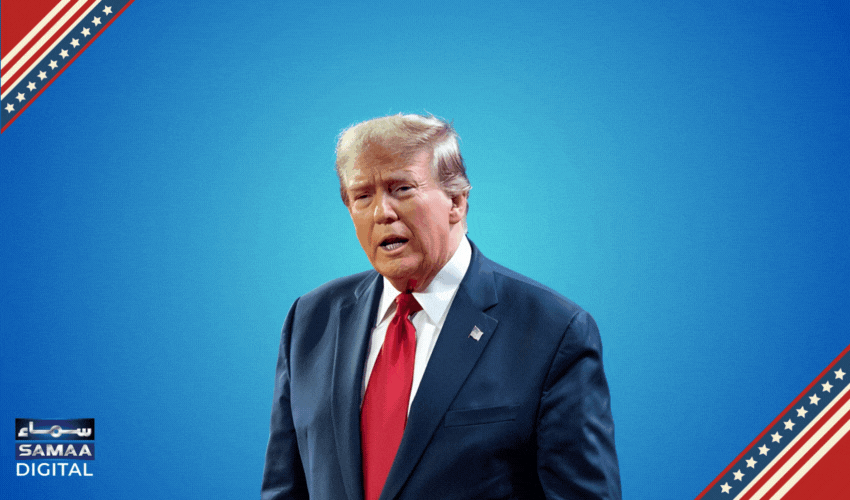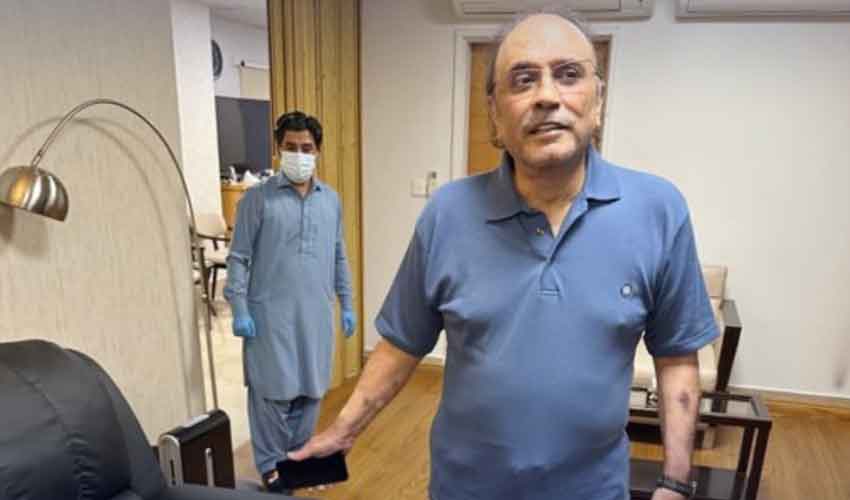US Secretary of State Marco Rubio has issued new directives for diplomats stationed abroad, instructing them to thoroughly examine the social media accounts of individuals applying for student and other types of visas to enter the US.
The move is part of an effort to screen out individuals suspected of criticizing the US or Israel, amid heightened scrutiny of protests related to the Gaza conflict.
The order, sent by Rubio in a detailed cable on March 25, follows a broader push by the Trump administration to detain and deport students already in the US who have participated in anti-Israel protests. This initiative is in line with President Trump’s executive orders aimed at removing individuals with “hostile attitudes” towards American values and cracking down on antisemitism, particularly among students involved in protests against the war in Gaza.
The instructions, which require consular officers to send certain student and exchange visa applications to the "fraud prevention unit" for a social media review, emphasize scrutiny for anyone potentially linked to terrorism or expressing hostile views toward US culture, citizens, or institutions.
“We don’t want people in our country that are going to be committing crimes and undermining our national security or the public safety,” said Rubio. “It’s that simple, especially people that are here as guests. That is what a visa is.”
The reviews will also apply to visa holders who had an active student or exchange visa between October 7, 2023, and August 31, 2024, or anyone whose visa was terminated since October 7, 2023 -- around the time of the Hamas attack on Israel.
Rubio’s directives highlight that social media activity could be a determining factor in whether an applicant is granted a visa, specifically targeting those with opinions sympathetic to Palestinians. The cable states that applicants exhibiting a “hostile attitude” toward the US could have their visa applications rejected.
The move is expected to encourage self-censorship among potential applicants, as those who show support for Palestinians or express anti-US sentiments could find it more difficult to secure a visa. The new policy applies to F, M, and J visa types, which are designated for students and exchange visitors.
In addition, since Rubio’s appointment as the top US diplomat in late January, he has already revoked over 300 visas, many of which were student visas, as part of his broader efforts to ensure that visa issuance aligns with US national security interests.
“My standard: If we knew this information about them before we gave them a visa, would we have allowed them in?” said Rubio. “And if the answer is no, then we revoke the visa.”
Previously, that same day, when speaking to a reporter, Rubio said the students were “going beyond demonstration. They are going and they are creating a ruckus. They are creating riots, basically, on campus.”



























